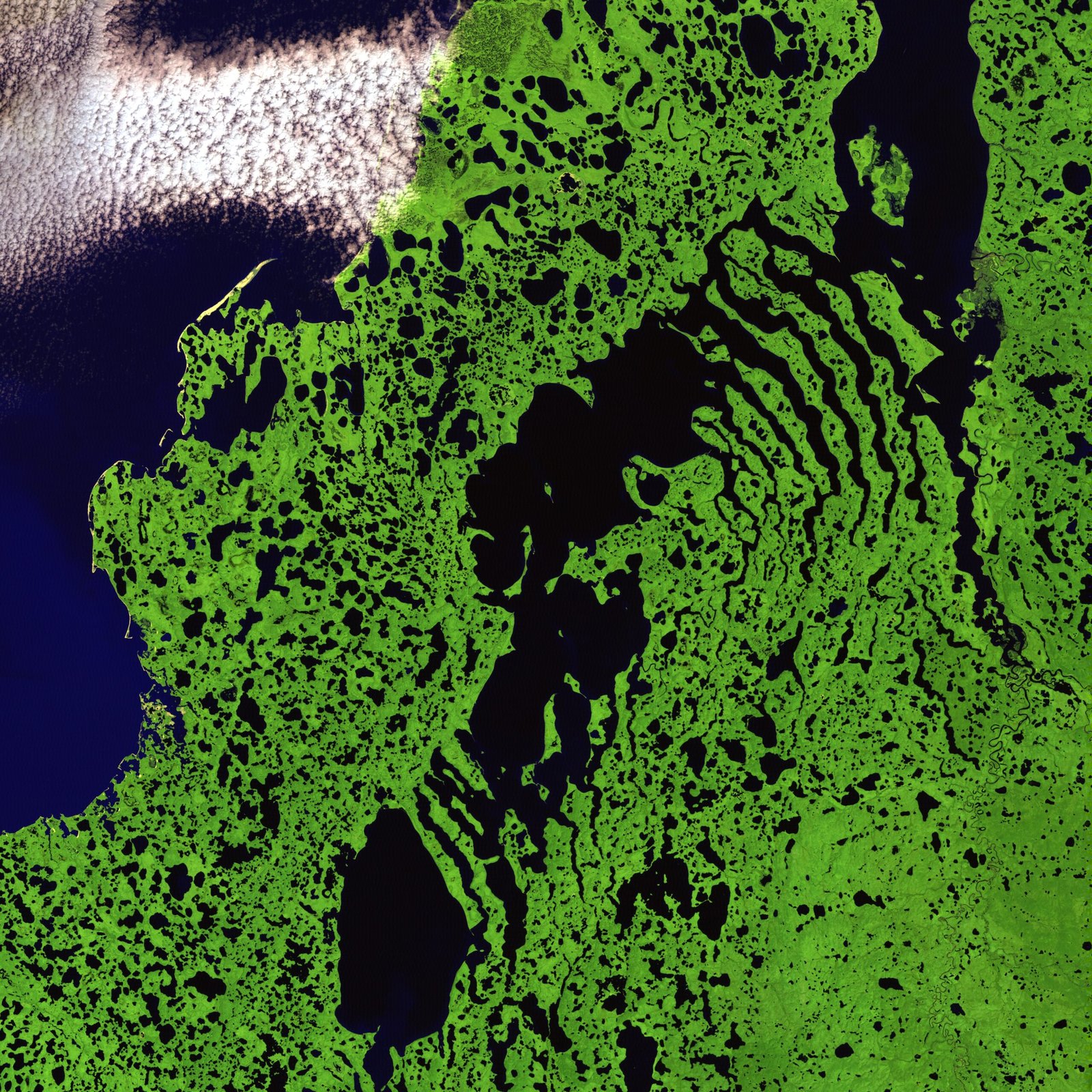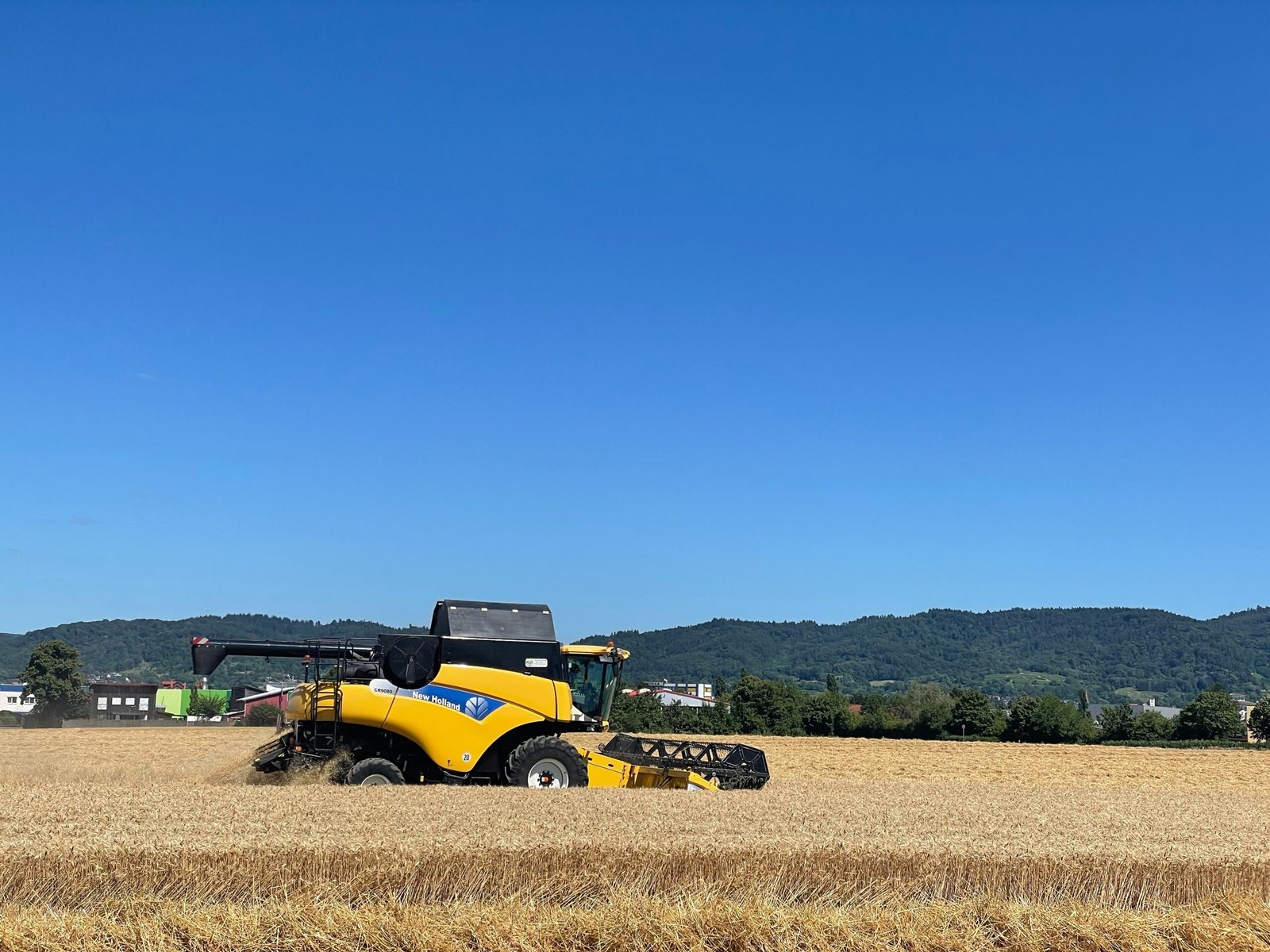Technology has revolutionized various industries, and the world of vineyard management is no exception. With advancements in agricultural technology, vineyard owners and managers now have access to a wide range of tools and solutions that can greatly improve productivity, efficiency, and overall vineyard health.
1. Precision Agriculture
Precision agriculture is a concept that involves using technology to optimize the use of resources in agriculture. In the context of vineyard management, precision agriculture techniques can be applied to monitor soil conditions, irrigation, and nutrient levels, among other factors. This allows vineyard managers to make data-driven decisions and ensure that resources are used efficiently, resulting in healthier vines and higher-quality grapes.
2. Remote Sensing
Remote sensing technology, such as drones and satellite imagery, has become increasingly popular in vineyard management. These tools provide vineyard managers with valuable insights into various aspects of their vineyards, including plant health, canopy density, and water stress. By analyzing this data, vineyard managers can identify areas that require attention and implement targeted interventions, leading to improved vineyard health and grape production.
3. Weather Monitoring
Accurate weather monitoring is crucial for vineyard management, as weather conditions can greatly impact grape quality and yield. Technology has made it easier for vineyard managers to access real-time weather data and forecasts, allowing them to make informed decisions regarding irrigation, disease prevention, and harvest timing. This helps optimize grape production and minimize the risk of weather-related damage.
4. Vineyard Management Software
Vineyard management software has become an essential tool for vineyard owners and managers. These software solutions offer a range of features, including vineyard mapping, inventory management, task scheduling, and data analysis. By centralizing information and automating various processes, vineyard management software streamlines operations and improves overall efficiency.
5. Data Analytics
Collecting and analyzing data is crucial for making informed decisions in vineyard management. With the help of technology, vineyard managers can gather data on various factors, such as soil composition, weather patterns, and grape quality. Advanced data analytics tools allow them to identify trends, patterns, and correlations, enabling them to optimize vineyard practices and improve overall productivity.
6. Automated Systems
Automation has become increasingly prevalent in vineyard management, allowing for greater efficiency and cost savings. Automated systems can be used for tasks such as irrigation, pruning, and harvesting. These systems not only reduce labor costs but also ensure consistency and precision, resulting in improved vineyard health and grape quality.
In conclusion, technology has had a significant impact on vineyard management. From precision agriculture and remote sensing to vineyard management software and automated systems, technology offers a range of tools and solutions that can greatly enhance productivity, efficiency, and overall vineyard health. Embracing these technological advancements can help vineyard owners and managers stay competitive in an ever-evolving industry.



